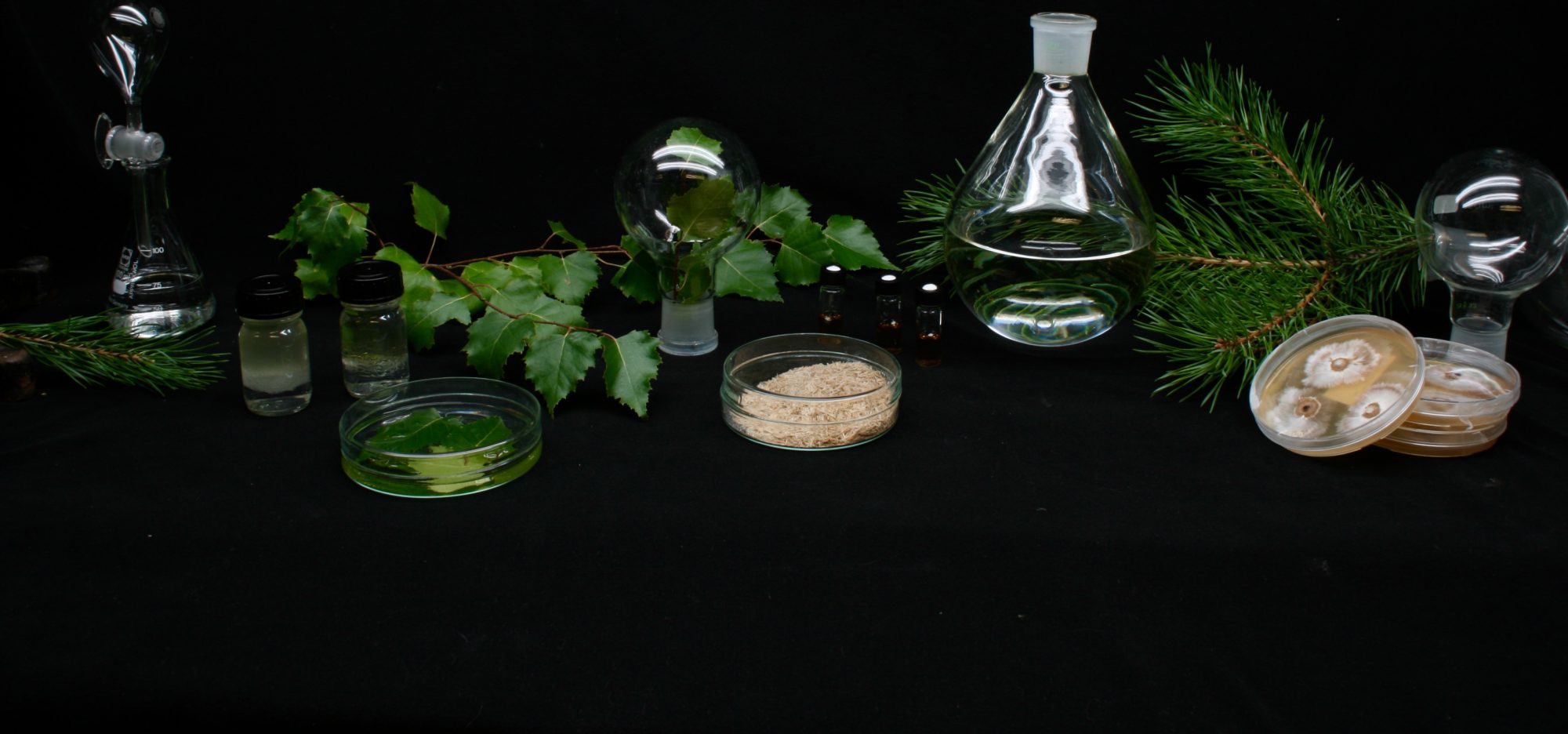 The food chain is in a shift towards more ecological practices. To feed the growing world population in a sustainable manner, it’s crucial to find solutions to reduce food waste and shift our eating habits to remain within the boundaries of environmental resources. To succeed, the movement towards a planetary diet must be appealing, affordable and uncomplicated for consumers. With ready-cut fresh vegetables consumers can conveniently increase their consumption of fresh vegetables, however the shelf-life of this product category is very limited due to rapid quality loss, often because of over-ripening, browning and tissue degradation, which leads to significant amounts of food waste.
The food chain is in a shift towards more ecological practices. To feed the growing world population in a sustainable manner, it’s crucial to find solutions to reduce food waste and shift our eating habits to remain within the boundaries of environmental resources. To succeed, the movement towards a planetary diet must be appealing, affordable and uncomplicated for consumers. With ready-cut fresh vegetables consumers can conveniently increase their consumption of fresh vegetables, however the shelf-life of this product category is very limited due to rapid quality loss, often because of over-ripening, browning and tissue degradation, which leads to significant amounts of food waste.
Currently, the underlying deterioration mechanisms after processing and packaging are not sufficiently understood. To tackle this waste, our new project VegeSense, led by Assoc. Prof. Kirsi S. Mikkonen and funded by Novo Nordisk Foundation, aims to provide complementary understanding of these deterioration processes by researching the key metabolites and their role in the quality loss of ready-cut fresh vegetables.
M.Sc. Maria Waldén started in the project as a doctoral researcher in January. Her work is co-supervised by Prof. Mari Sandell and Assoc. Prof. Saijaliisa Kangasjärvi and it will focus on how packaging effects the sensorial quality of ready-cut vegetables and what volatile compounds originate from their metabolic reactions, thus defining their shelf-life. Maria feels very excited about the topic and finds it immensely meaningful, as there is a high possibility of finding solutions that could be applied to practice at an industrial scale rather quickly to reduce environmental pressure. The project is highly multidisciplinary combining food technology, analytical chemistry, plant science and data science. This diversity will allow these complex mechanisms to be deciphered through research from a combination of perspectives and scientific backgrounds.
Dr. Mourad Kharbach started in March as a postdoctoral researcher. He will collaborate with Assoc. Prof. Arto Klami from the Department of Computer Science. Mourad has experience working with large data sets collected by advanced real-time (spectral or chromatography) instruments from different matrices and extracting the hidden information by means of statistical, machine & deep learning, or chemometric tools and linking these with the desired outputs. Particularly, he will develop statistical approaches to analyze untargeted and targeted fingerprinting (e.g., hyperspectral imaging, spectroscopic, and chromatographic) profiles moving beyond traditional lab-based experiments. Mourad will lead the development of non-destructive, fast, reliable, and sensitive methods for sustainable solutions of food materials in terms of quality and safety with the goal to optimally join human forces and machines.
Through this project we aim to provide solutions for reducing food waste and limiting climate change via the improved shelf-life of fresh-cut vegetables and their increased consumption. The resulting improvements in packaging technology would be highly applicable to the food industry and could therefore help the food industry to keep costs – both environmental and economical – in control, which we hope would eventually lead to a decrease in prices and increase in vegetable consumption. By making it financially possible for consumers to conveniently increase their use of fresh vegetables in their diets, healthy eating habits and sustainability can be enhanced.
We are eagerly waiting for another two researchers from the areas of plant science and analytical chemistry to join us in June, complementing our team with their expertise. We will hear more about their work soon, stay tuned!
Picture from left to right: M.Sc. Maria Waldén, spectral imaging test setup, Dr. Mourad Kharbach.
